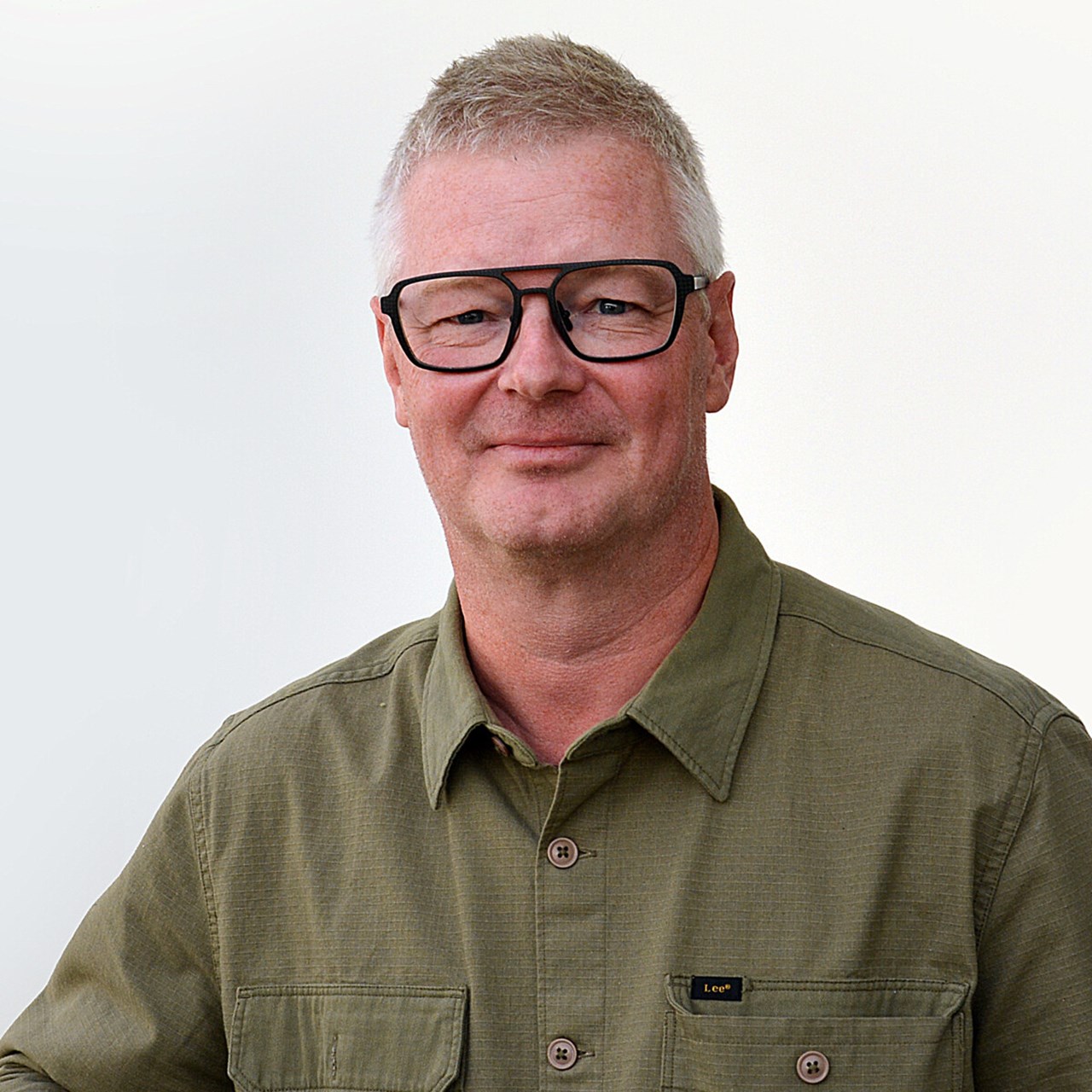
How sport is organised affects society
PROFILE How do sport organisations distribute power, work tasks and resources? That is something Josef Fahlén, professor of sports pedagogy, is investigating.


PROFILE How do sport organisations distribute power, work tasks and resources? That is something Josef Fahlén, professor of sports pedagogy, is investigating.
